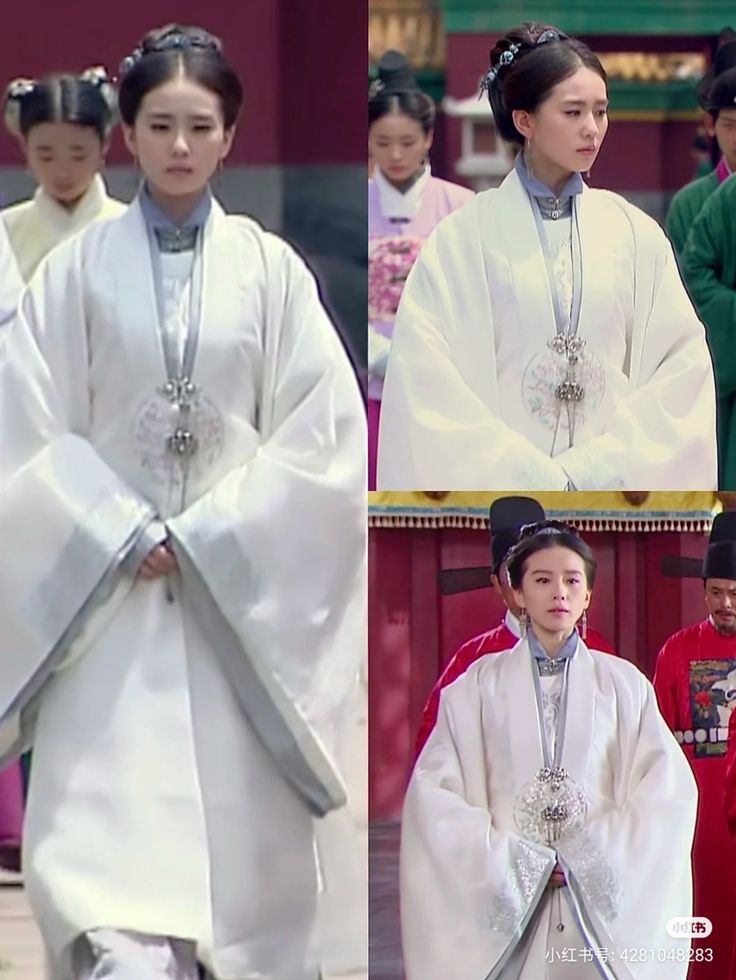When we hear the term “toxic wife,” it immediately conjures up images of manipulation, control, and emotional manipulation. But what does this term truly mean, and how does it relate to individuals like Malena Doll? In this article, we’ll dive deep into the concept of a toxic wife, explore how Malena Doll’s persona fits into this discussion, and examine the broader impact of toxic relationships on those involved. It’s time to unpack what makes a toxic wife, the role of personality influencers, and the importance of recognizing toxic dynamics before they spiral out of control.
What Defines a Toxic Wife?
A toxic wife is more than just someone who may have moments of bad behavior. Instead, a toxic wife is one whose actions and attitudes continuously create an unhealthy atmosphere in the relationship. Toxicity is not just a single event but a pervasive pattern that undermines the well-being of the spouse and the relationship as a whole. But how can we define toxicity in the context of marriage?
One of the most telling signs of a toxic wife is emotional manipulation. This can manifest in various forms, from guilt-tripping to passive-aggressive behavior or even outright control. A toxic wife might twist situations, making her partner feel as though they are always in the wrong. This can be subtle, like an offhand comment that cuts deep, or more blatant, like forcing her partner to isolate from friends and family.
Additionally, toxic wives often struggle with accountability. They may refuse to take responsibility for their actions and instead shift blame onto their spouse. This can lead to a constant cycle of guilt and confusion, as the partner feels they can never do anything right. Over time, the victim of this behavior may begin to feel emotionally drained and even question their own sanity, a phenomenon known as gaslighting.
Perhaps most damaging, a toxic wife may use the relationship for her own benefit, disregarding her spouse’s emotional, physical, and psychological needs. This often includes behaviors like using sex or affection as leverage, or prioritizing her own desires over the needs of her partner. This self-centered approach can lead to deep feelings of neglect and resentment in the spouse.
A toxic wife may also consistently create chaos within the household. Whether it’s through unnecessary arguments, emotional outbursts, or attempts to control every aspect of the relationship, these behaviors create an unstable and unpredictable environment. This constant emotional volatility makes it impossible for the other person to feel secure, leading to a toxic cycle of stress, conflict, and emotional pain.
Malena Doll: A Modern Persona in the Spotlight
Now that we have a clearer picture of what a toxic wife can look like, let’s focus on Malena Doll—a name that has come to be associated with a modern, controversial, and attention-grabbing persona. Known primarily for her provocative online presence, Malena Doll has built a career on being bold, unapologetic, and occasionally controversial. She’s a model and influencer whose brand revolves around power dynamics, attraction, and self-promotion. While her followers may see her as a symbol of empowerment, others may interpret her behavior as embodying toxic traits.
Malena Doll’s presence on social media is carefully curated, showcasing her as a dominant and powerful figure in her personal relationships. But for some, her actions might mirror the traits that are often described in toxic relationships. Her tendency to manipulate her public image and provoke reactions from her audience can be seen as a reflection of the same tactics that toxic wives use in controlling and manipulating their partners.
One of the key aspects that can be associated with Malena Doll’s persona is dominance. Her public displays often revolve around asserting control and being the center of attention. In her relationships, she may expect the same attention and submission, which can be damaging if taken to extremes. For her followers, this might seem like a form of empowerment, but for those involved with her in real life, this persona may cross into emotional manipulation and power struggles.
In fact, some critics of Malena Doll have pointed out that her public relationships often lack the healthy communication and mutual respect that a balanced partnership requires. Instead, her behavior sometimes aligns more closely with the traits of a toxic individual: controlling, self-serving, and emotionally volatile. Whether this is a deliberate persona or a reflection of her true self is up for debate, but one thing remains clear: the line between empowerment and toxicity is often thin.
Malena Doll’s impact, especially among young people, cannot be underestimated. She is a figure that embodies confidence, but with that confidence comes a subtle suggestion that relationships are about power, dominance, and control. This portrayal can create a dangerous precedent for young people looking to understand what healthy relationships should look like. The danger lies in the glorification of behaviors that, if adopted in real-life relationships, can quickly spiral into toxicity.
The Influence of Social Media on Relationships: Is Malena Doll a Role Model or a Cautionary Tale?
Malena Doll’s influence is an example of how modern social media and influencers shape our perceptions of relationships. Social platforms like Instagram, TikTok, and YouTube allow figures like Malena to curate and share their lives in a way that can be captivating and even alluring to viewers. The constant sharing of personal experiences and relationship dynamics makes it easy for followers to get emotionally invested in these personalities.
However, this type of exposure often blurs the line between reality and fiction. What we see online is a carefully crafted version of someone’s life, not necessarily the truth. In the case of Malena Doll, her carefully curated persona of power, independence, and control may only represent a small fraction of her reality. For followers and viewers, it can be difficult to separate the “performance” from the “person,” which makes it easy for some to view her as a role model, without fully understanding the implications of her behaviors.
In toxic relationships, the same dynamic can occur. One partner may present a “perfect” image of their relationship to the outside world, while behind closed doors, the relationship is riddled with emotional abuse, manipulation, or neglect. This can lead to confusion, particularly for people who admire figures like Malena Doll. It becomes easy to accept toxic behaviors as normal or even desirable because they’re presented in an attractive, glamorous light.
What makes social media personalities like Malena Doll particularly dangerous is their ability to make toxicity look appealing. The constant cycle of creating conflict, dominating conversations, and asserting control can look empowering from the outside, but inside a relationship, these behaviors can cause real harm. For viewers who are unfamiliar with the signs of toxic relationships, these portrayals can make it difficult to distinguish between empowerment and abuse.
The Emotional and Psychological Toll of a Toxic Wife
Being in a relationship with a toxic partner—whether it’s a toxic wife or husband—takes a significant emotional and psychological toll on an individual. The emotional rollercoaster of a toxic marriage can leave the non-toxic spouse feeling drained, unsure of their worth, and trapped in an unhealthy cycle of manipulation and deceit.
Over time, the partner in a toxic relationship can begin to lose their sense of self. They may start to question their thoughts, feelings, and even their actions, as the toxic partner attempts to control or undermine their sense of reality. This is a form of gaslighting, and it can be one of the most damaging aspects of being in a toxic relationship. The victim feels as though they are always in the wrong, always making mistakes, and never able to satisfy the demands of their partner.
Additionally, the emotional abuse from a toxic wife can cause long-term damage to self-esteem and mental health. Constant criticism, lack of support, and emotional neglect can lead to feelings of depression, anxiety, and loneliness. Victims may feel like they are walking on eggshells, constantly trying to avoid conflict or do what they believe will please their partner, only to find that it’s never enough.
The psychological toll of being in a toxic relationship is often compounded by the social isolation that can occur. A toxic wife may attempt to isolate her spouse from friends, family, and other sources of support, making it even more difficult for them to escape the toxic cycle. The longer someone remains in this environment, the harder it becomes to break free, and they may begin to believe that the toxicity is normal or that they somehow deserve it.
Conclusion: Breaking the Cycle of a Toxic Relationship
Understanding the dynamics of a toxic wife, particularly when examining a persona like Malena Doll, can be an eye-opening experience for many. Whether intentional or not, the behaviors exhibited by such figures can serve as both a cautionary tale and a warning sign for those navigating relationships. Toxicity in relationships is real, and it can have profound emotional and psychological consequences.
Recognizing the signs of toxicity is the first step in breaking free from it. Setting boundaries, seeking therapy, and building a strong support system are key elements in healing from the damage caused by toxic relationships. No one deserves to be in a relationship where they are manipulated, controlled, or emotionally abused. It is essential to prioritize mental and emotional well-being above all else.
If you are in a toxic relationship or are dealing with a toxic partner, it is important to remember that you are not alone. There is support available, and with time, you can reclaim your life and create healthier, more fulfilling relationships. Understanding the warning signs of toxicity and taking action is the first step toward a brighter, more balanced future.



